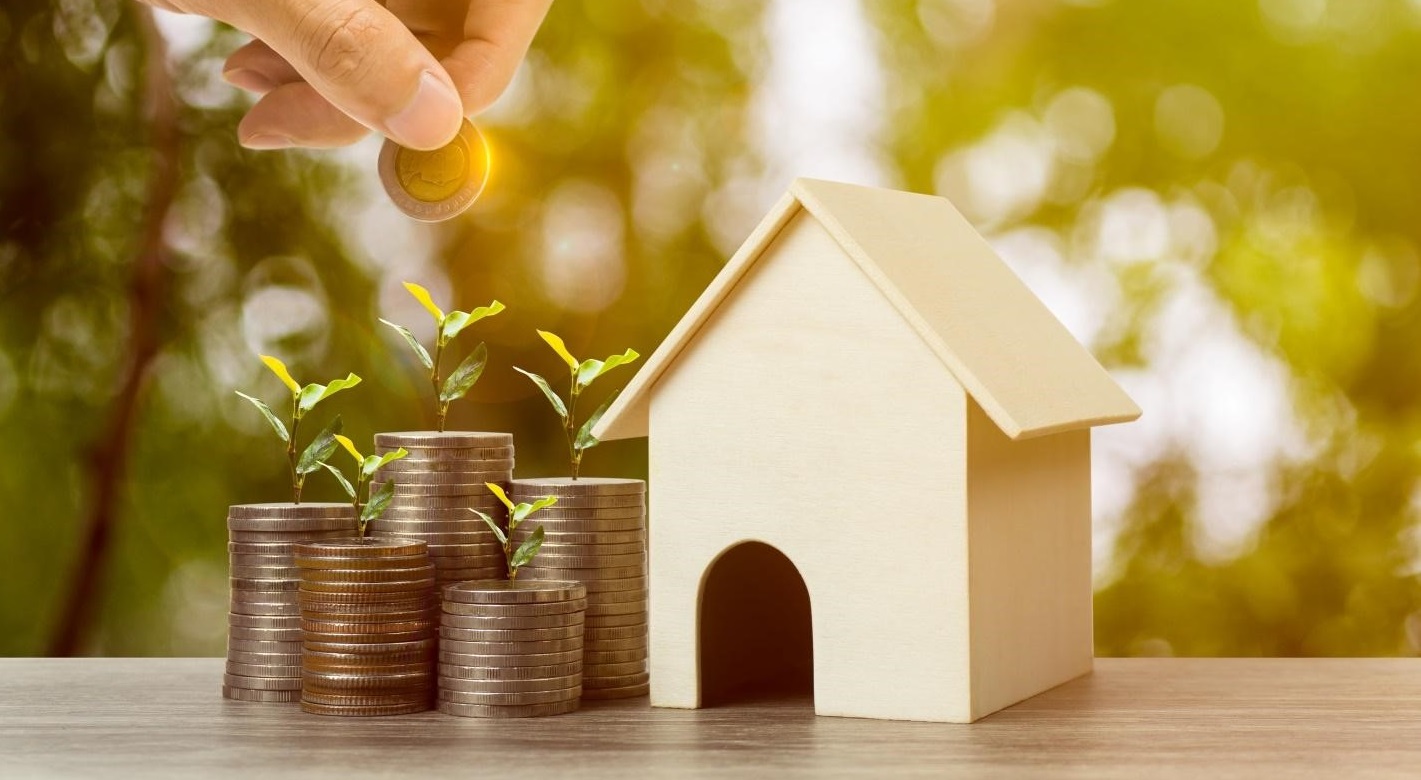
Buying a house is one of the most significant decisions you’ll ever make. It’s not just about finding a place to live, it’s about finding a home that suits your lifestyle, meets your needs, and aligns with your long-term goals.
With the plethora of options available in the real estate market, determining whether a house is right for you can be daunting.
However, by considering several key factors, you can streamline your decision-making process and find the perfect abode.
Location
The importance of location cannot be overstated. Assess the neighborhood’s safety, proximity to essential amenities such as schools, grocery stores, healthcare facilities, and your workplace.
Consider the community’s vibe and whether it matches your lifestyle preferences.
Are you looking for a bustling urban environment, a tranquil suburban setting, or a rustic rural retreat?
Evaluating the location’s suitability is paramount in determining the overall appeal of a house.
If you are looking to either sell or buy a house make sure you can consider One Percent Property and consult with them about the further steps.
Budgetary Considerations
Before embarking on the house-hunting journey, establish a realistic budget.
Factor in not only the purchase price but also ongoing expenses such as property taxes, maintenance costs, and homeowners’ association fees.
Avoid stretching your finances too thin, as it can lead to financial strain in the long run. Be mindful of your financial boundaries and stick to them to ensure that you find a house that you can comfortably afford.
Size and Layout
Assess the size and layout of the house in relation to your current and future needs.
Consider factors such as the number of bedrooms and bathrooms, the availability of additional living spaces like a den or a home office, and the functionality of the floor plan.
Think about your lifestyle preferences – do you enjoy entertaining guests and need ample communal areas, or do you prefer cozy, intimate spaces?
Visualize yourself living in the house and determine whether its layout aligns with your preferences and requirements.
Condition and Maintenance
Evaluate the overall condition of the house, including its age, structural integrity, and maintenance history.
Look out for any signs of wear and tear, such as water damage, mold, or pest infestations.
Consider the age and condition of major systems and components such as the roof, HVAC system, plumbing, and electrical wiring.
Factor in the potential costs of repairs and renovations and assess whether you’re willing to invest the time and resources into maintaining the property.
Future Growth and Resale Potential
Anticipate your future needs and consider whether the house can accommodate potential life changes such as marriage, family expansion, or aging in place.
Evaluate the property’s resale potential by analyzing market trends, neighborhood development plans, and the overall desirability of the area.
While it’s essential to find a house that meets your current needs, considering its long-term value and appeal can help you make a sound investment decision.
Emotional Connection
Trust your instincts and pay attention to your emotional response when touring a house. Does it feel like a place where you can envision yourself living happily?
Do you feel a sense of warmth and comfort, or do you sense any red flags or discomfort? Your emotional connection to a house can often be a strong indicator of its suitability for you.
Take the time to explore your feelings and intuition, as they can provide valuable insights into whether a house is the right fit for you.
Home Inspection
Prioritize a thorough home inspection conducted by a qualified professional. A comprehensive inspection can uncover hidden issues and provide you with a clear understanding of the house’s condition and potential maintenance requirements.
Review the inspection report carefully and discuss any concerns or findings with your real estate agent.
Don’t hesitate to seek clarification or request additional inspections if necessary, as it’s crucial to make an informed decision based on all available information.
In conclusion, finding the right house involves careful consideration of various factors, ranging from location and budget to size, condition, and emotional resonance.
By evaluating these key factors and conducting due diligence throughout the house-hunting process, you can increase the likelihood of finding a home that not only meets your needs but also brings you joy and fulfillment for years to come.
Remember that the perfect house may not exist, but with patience, persistence, and discernment, you can find a place that feels like home.
